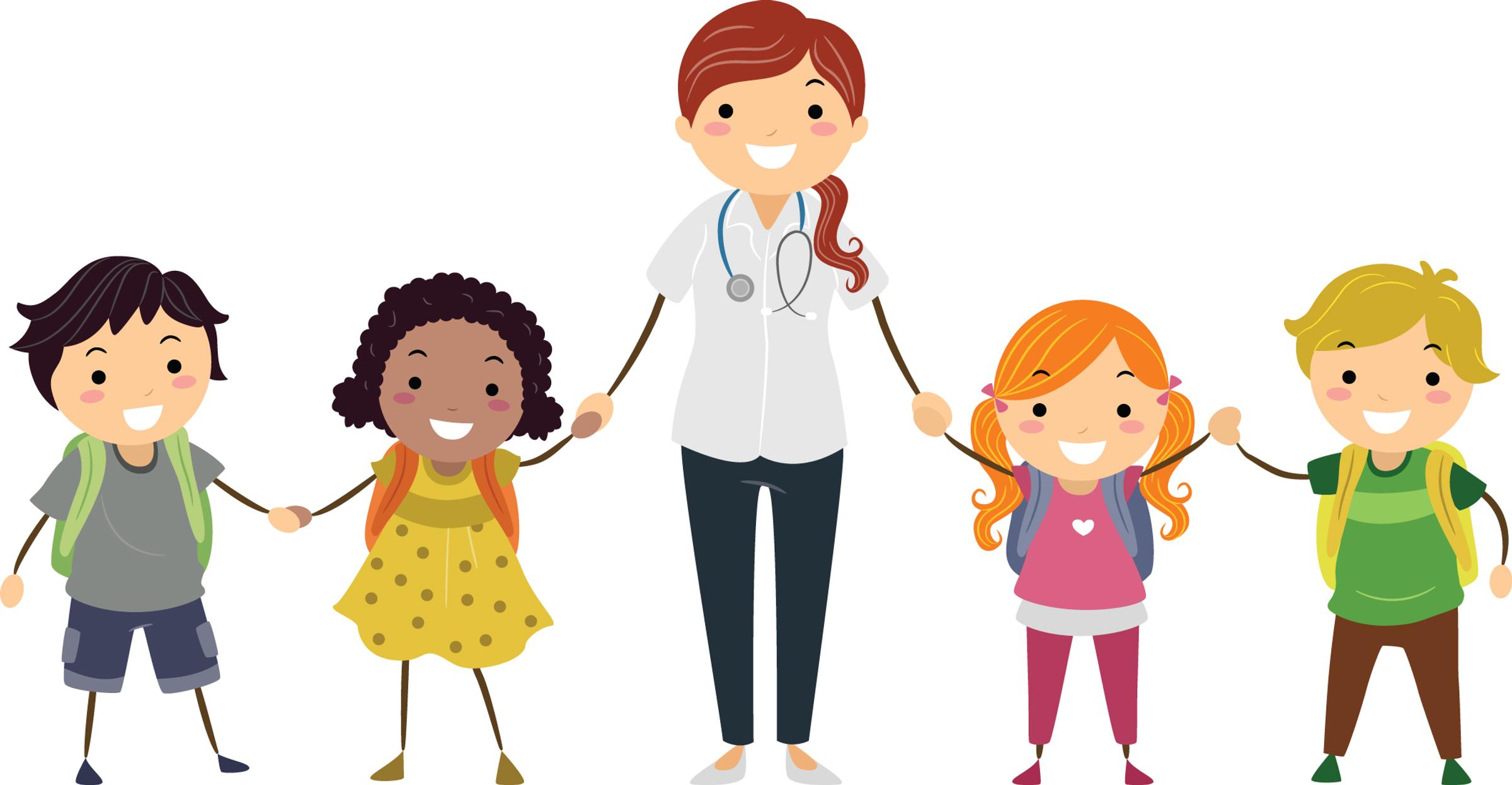School Nurse

Experiencing Puberty: For People Living with Autism Spectrum Disorder and Intellectual Disability
Puberty can be a rough time for kids and their parents. For young people who are living with an Intellectual Disability or an Autism Spectrum Disorder, it can be particularly challenging.
A child with ID and ASD can expect to go through the usual body changes at the usual ages (starting at 8-13yrs for girls, and 9-14yrs for boys). They will experience body changes, including hair growth, periods, voice changes and sexual urges. For young people with ID and ASD, issues such as sensory and emotional processes, and missing social nuances, can make this time even more confusing.
The school program includes sessions on health and body development, anatomy and physiology, respect, consent, and relationships. These sessions are tailored to be age and developmentally appropriate. Some health sessions are tailored situationally, to address issues that the students are facing at the time or to address their questions as they arise.
As a classroom community, it is very beneficial for the students to address issues relating to relationships, respect, and consent as a group, to help promote a common understanding and to encourage positive relationships at school.
If you would like to know more about the content of these classes, or if you had any issues that you would like the teachers to address in these sessions, you can discuss this with your child’s teacher.
Below are some links you might find helpful and informative.
This website, from Family planning NSW, is to help parents to have conversations with their children, with ID and ASD, about puberty, relationships, and their bodies:
https://www.planetpuberty.org.au/about-us/
This article talks about puberty for people with Autism and how it is being addressed by the medical/scientific community:
https://www.spectrumnews.org/features/deep-dive/puberty-and-autism-an-unexplored-transition/
Smiling Mind has some excellent resources for calm and mindful approaches

